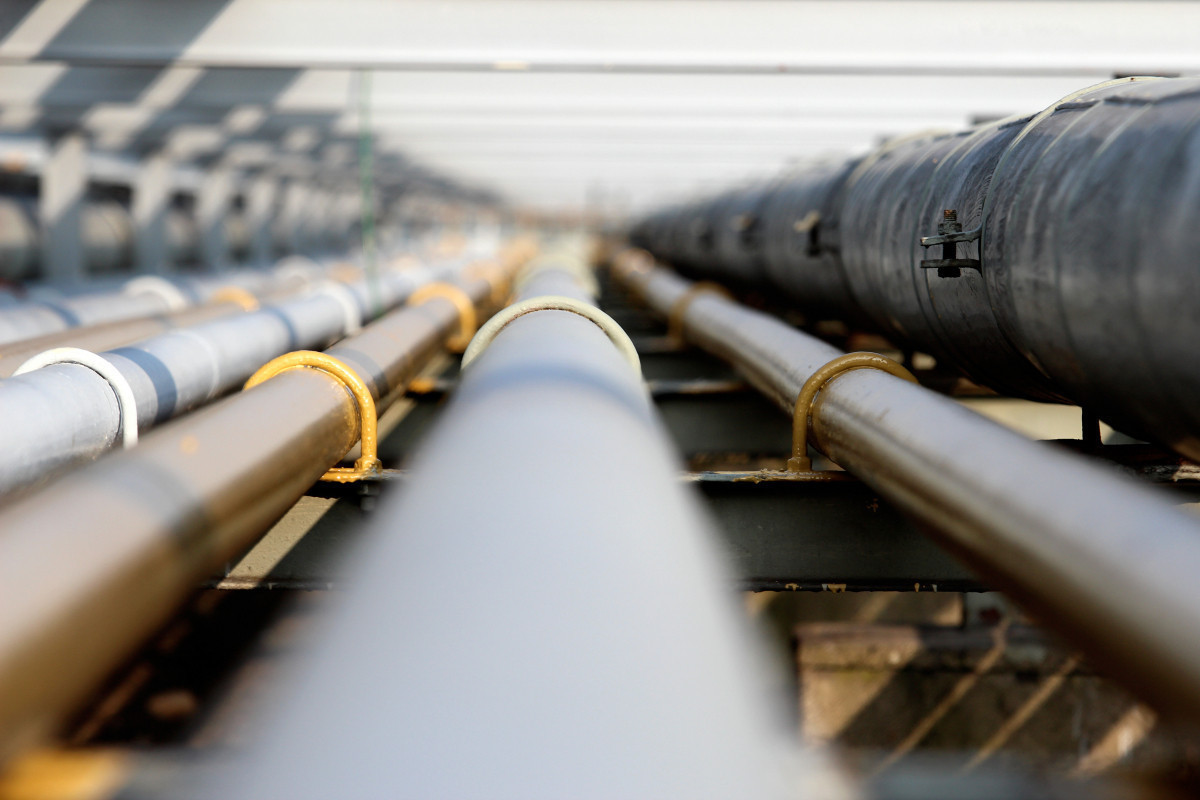The once-brash U.S. shale industry, which spent profusely in recent years to grab market share, is now focused on preserving cash, putting it at a disadvantage to low-cost OPEC producers as the global economy begins to gear up again, APA reports citing Reuters.
Prior to the pandemic-induced downturn, OPEC countries led by Saudi Arabia restrained their production, eager to bolster prices to fund national budgets dependent on oil revenue. Shale drillers took advantage, boosting U.S. output to a record 13 million barrels a day.
But attendees of the year’s top energy conference made clear that even with a buoyant, $60-per-barrel oil price, shale will not come roaring back from the Covid-19 pandemic as it did from the 2016 downturn.
By contrast, the Organization of the Petroleum Exporting Countries and allies, known as OPEC+, has more than 7 million barrels of daily oil output sitting in reserve. This positions them to boost production much more easily than shale players for the first time in years.
The concern about free-wheeling shale companies taking advantage of OPEC’s output curbs led to a brief supply war in March 2020. Russia balked at a three-year agreement to extend production cuts, and Saudi Arabia responded by flooding the markets with oil, leading U.S. futures prices to slump to negative-$40 a barrel.
“Let’s face it. OPEC has had a very difficult time managing to accommodate the U.S. shale players and their ability to grow at low prices,” said IHS Markit analyst Raoul LeBlanc, adding that the key debate within OPEC is what oil price is just low enough to avoid a massive U.S. response.
The pandemic destroyed a fifth of global fuel demand, and numerous shale companies declared bankruptcy, while others arranged mergers to offload debt. Frustrated investors sent energy-related stocks slumping throughout 2020.
While shale executives expressed concern about reopening the wells too quickly, OPEC nations are expected to ease supply curbs at their meeting later this week, without having to look over their shoulder at shale.
“The worst thing that could happen is that U.S. producers start growing rapidly again,” said ConocoPhillips Chief Executive Ryan Lance.
The market widely expects OPEC to ease production cuts, which were the deepest ever, by around 1.5 million barrels per day (bpd), with OPEC’s leader, Saudi Arabia, ending its voluntary production cut of 1 million bpd.






